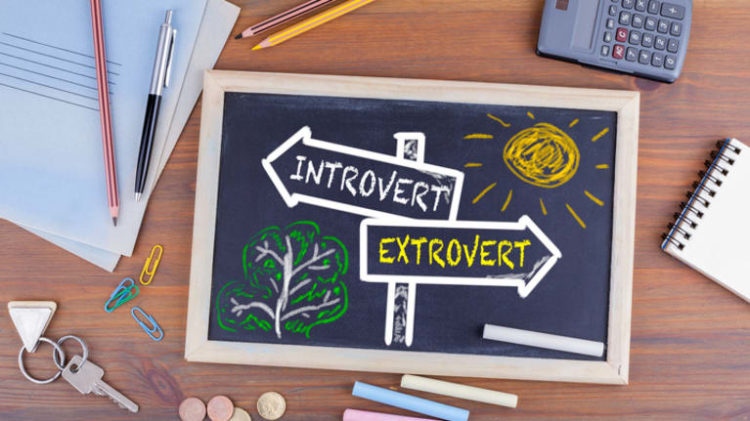Last Updated on May 24, 2022 by Editors Desk
We have an extraverted attitude or type when external factors are the primary motivating force for making judgments, perceptions, affects, and actions. The extravert, in general, trusts what he or she receives from the outside world — the world of people and things.
We have an introverted attitude or type when internal considerations are the primary motivating reason for making judgments, perceptions, emotions, and behaviors. In general, the introvert believes what comes from within — the inner world of thoughts and reflections.
Did you realize that introverts account for up to 50% of the population?
This means that extraverts make up the remaining 50% of the population. Both behavioral styles have advantages and disadvantages. Isn’t it strange, though, that most businesses are built up to cater to those who favor extraversion, with open plan offices, social events, and the loudest voices being heard first?
This is something that most introverts have learned to expect. However, it does imply that working environments are not optimized to support their preferences and ways of working.
Introverts have been more comfortable working from home throughout the pandemic, and they are less enthused about returning to work in workplaces.

Introverts have a lot to offer in terms of skills and abilities.
- They have the potential to be excellent listeners.
- They have a greater ability to think before speaking, and they might be more observant, picking up on subtleties that others may overlook.
- Their friendships are strong.
- They might be highly considerate in their interactions with others.
Bringing introverts and extraverts back into balance could help your company grow.
Making the workplace more introvert-friendly does not necessitate a major overhaul and reorganization. It entails creating quieter working areas where they may focus on their work without being interrupted. It involves thinking about doing more work from home rather than returning to the workplace. It entails giving them opportunities to speak up in meetings and establishing a comfortable environment for them to do so — their ideas and opinions are frequently considered and thoroughly analyzed. It also entails not pressuring them to attend every social gathering. All of these are feasible.
Also Checkout: How to Live a Life with Full Self-Expression



